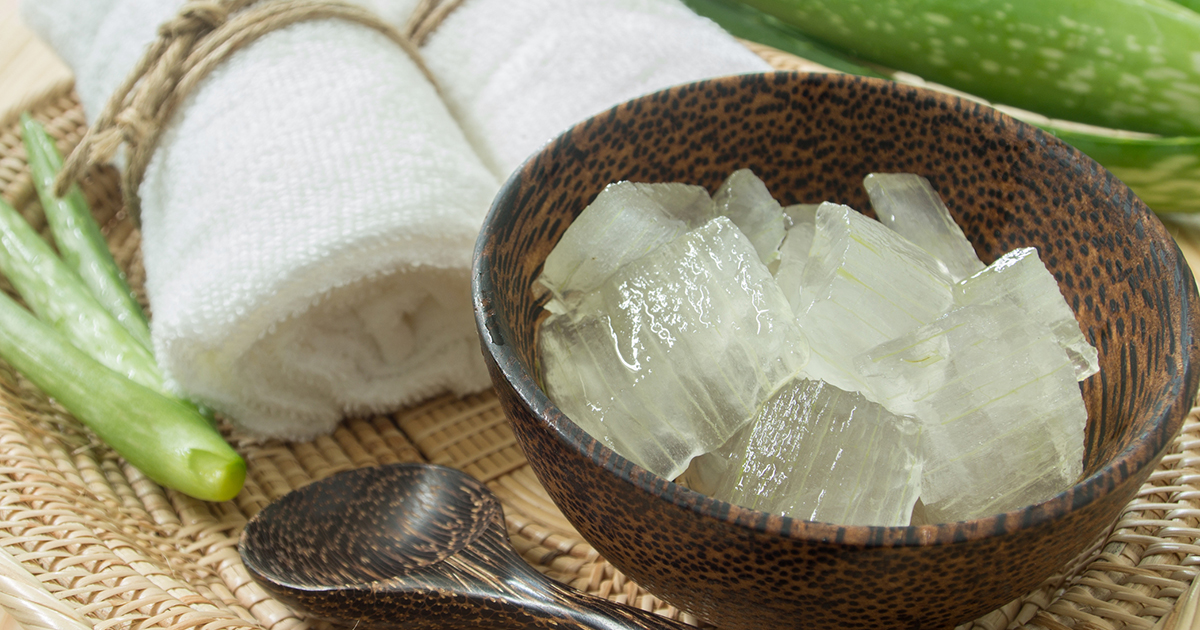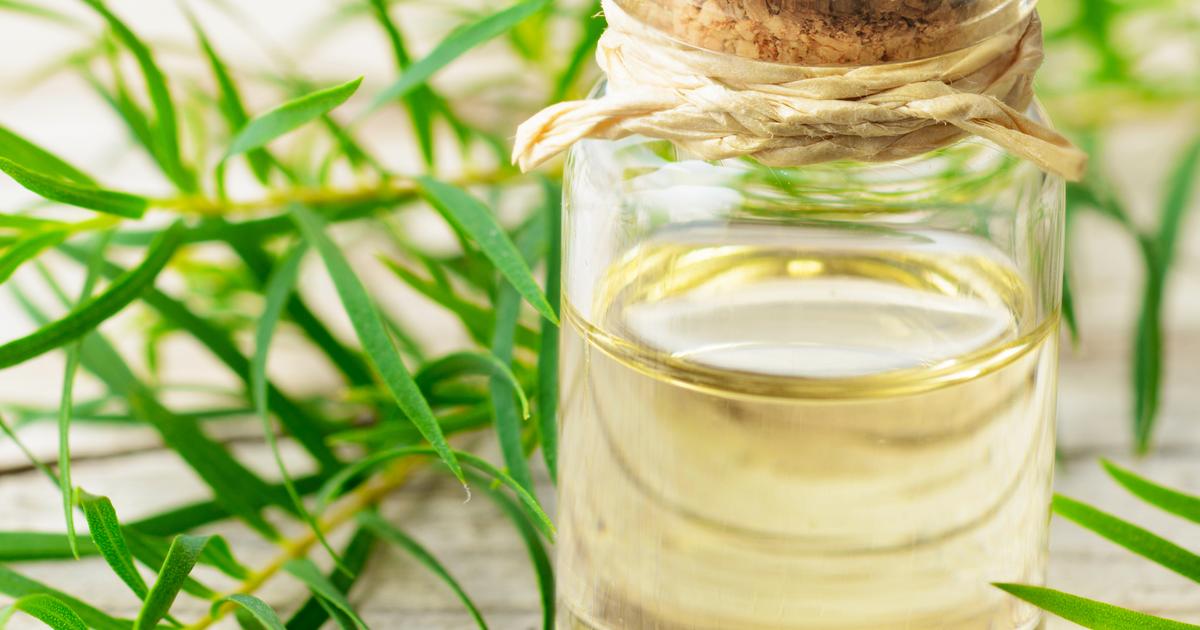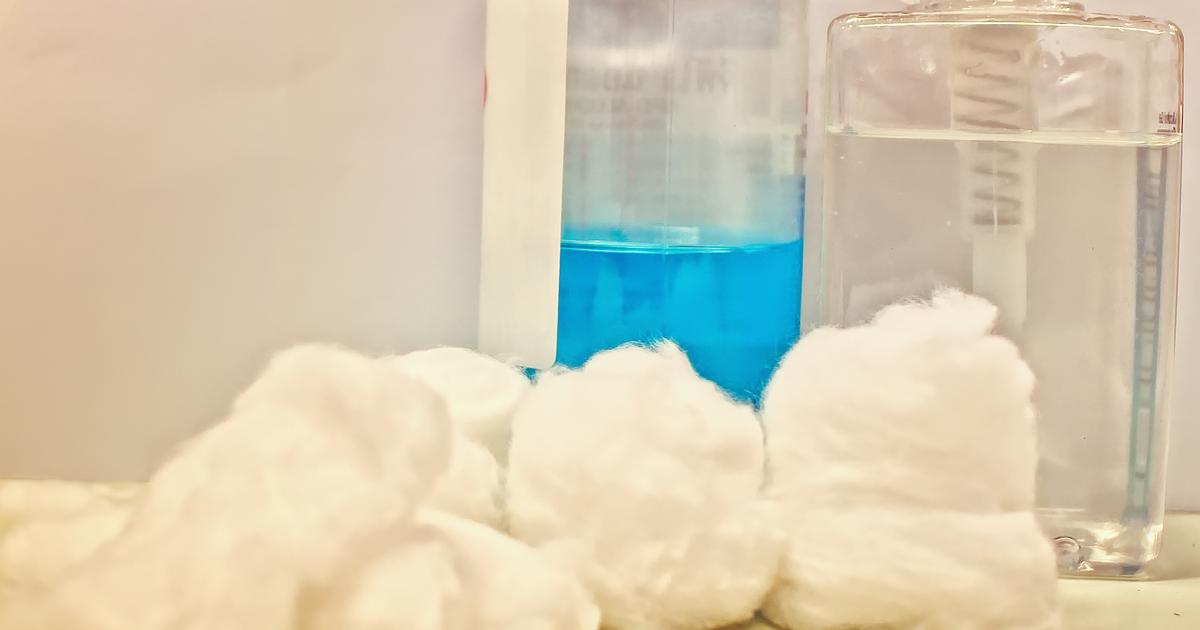Amazing Natural Remedies For Scalp Eczema
When the scalp becomes itchy, red, and irritated, this is a medical issue often known as scalp eczema, which can cause the flaking known as dandruff. While dandruff does not always indicate an individual has scalp eczema, it often is if they appear to have a significant amount that does not go away even with good hygiene. There are other skin conditions like rosacea and psoriasis that can cause similar symptoms. Patches of skin affected by eczema might be scaly and red, flaking, itchy, waxy, or greasy. There may be a burning sensation, and some patches might have lesions that ooze clear discharge. After healing, the skin can sometimes scar or change colors.
The good news is, many cases of scalp eczema can be treated with simple home remedies. Get to know the most common ones now.
Aloe Vera

Aloe vera has strong anti-inflammatory properties that can help soothe skin conditions, most commonly sunburns. However, aloe vera can also help with cases of scalp eczema, including seborrheic dermatitis, a form of the condition that causes red and scaly patches. When an individual does have flareups, aloe vera extract can help lessen the flareup severity. There are seventy-five components of the plant that are potentially active in healing. Antioxidants in the plant include vitamins E, C, and A. Other vitamins are choline, folic acid, and vitamin B12. There are also eight enzymes, and one of these, bradykinase, can reduce inflammation when applied directly to the skin, including when it is due to cases of scalp eczema.
Keep reading to learn more about natural methods of treating scalp eczema now.
Tea Tree Oil

Tea tree oil has anti-inflammatory, antifungal, and antibacterial properties, and these make it quite effective at treating scalp eczema and similar skin conditions. Because of how strong the oil is, individuals will need to dilute it in another oil before applying it. Some experts recommend using tea tree oil diluted in olive oil or coconut oil. If individuals don't want to apply other oils to their skin, they can also dilute tea tree oil in water. Doing so can help reduce the itchiness caused by scalp eczema, and it also helps promote healing of the scaly skin patches.
Terpinen-4-ol is an anti-inflammatory compound found in tea tree oil, and it reduces redness and swelling. Some research indicates it speeds wound healing and reduces allergic reactions in individuals with skin allergies. Dandruff can sometimes be caused by excess fungus on the scalp, and while some fungus is necessary for hair health, the antifungal properties of tea tree oil can help keep excess fungus from forming.
Uncover more natural remedies for scalp eczema now.
Olive Oil

Olive oil is a potential treatment for scalp eczema, as it helps moisturize the skin. To use this remedy at home, individuals with scalp eczema should coat their entire scalp with olive oil and massage it in. The oil should stay on their scalp for around an hour, when it will help loosen existing scales and remove dandruff. When individuals are ready to wash the oil out, they should use a fine-toothed comb or brush to remove the scales. They should brush their entire scalp and remove as many of the scales as possible before taking a shower. In the shower, individuals should wash the olive oil off their scalp and out of their hair by using the same shampoo and conditioner they usually do.
Get more details on home remedies available to treat cases of scalp eczema now.
Change To An Appropriate Shampoo

Scalp eczema is an inflammatory condition that should be treated with special shampoo to avoid making the affected skin more dry and irritated. Medicated shampoos for dandruff are a good option for this, as they're specifically formulated to target the factors that lead to flaking. Shampoos with selenium sulfide may help if individuals only use them twice a week to avoid stripping their hair of its natural oils. Selenium sulfide is an antifungal agent that eases itching, irritation, and reduces dandruff cells. Another good ingredient is pyrithione zinc, which has antifungal and antimicrobial properties. The antifungal substance ketoconazole has been well-studied as a method of controlling dandruff, and it may also have mild properties that reduce inflammation. Coal tar may be used to reduce sebum production and decrease inflammation, though it does have a few side effects, including a potential increased risk of cancer. Quite a few individuals are also allergic to it, and it can be toxic in high doses.
Discover another natural treatment option for scalp eczema now.
Avoid Products Containing Alcohol

Patients with scalp eczema should avoid products containing alcohol, as when applied to the skin, alcohol can be a significant trigger for flare-ups. Individuals should avoid using rubbing alcohol as a disinfectant if they can. In addition, consuming alcohol can sometimes lead to flareups. The food triggers each patient has varies from case to case. If individuals find their scalp eczema gets worse when they consume alcohol, they might want to cut back or stop entirely. In addition to avoiding common sources of alcohol like wine and beer, some foods have alcohol in them. No-bake desserts, rum puddings, and meat or pasta cooked with wine can cause flareups as well. The healthiest option is to use nonalcoholic food alternatives and take care when ordering at restaurants.